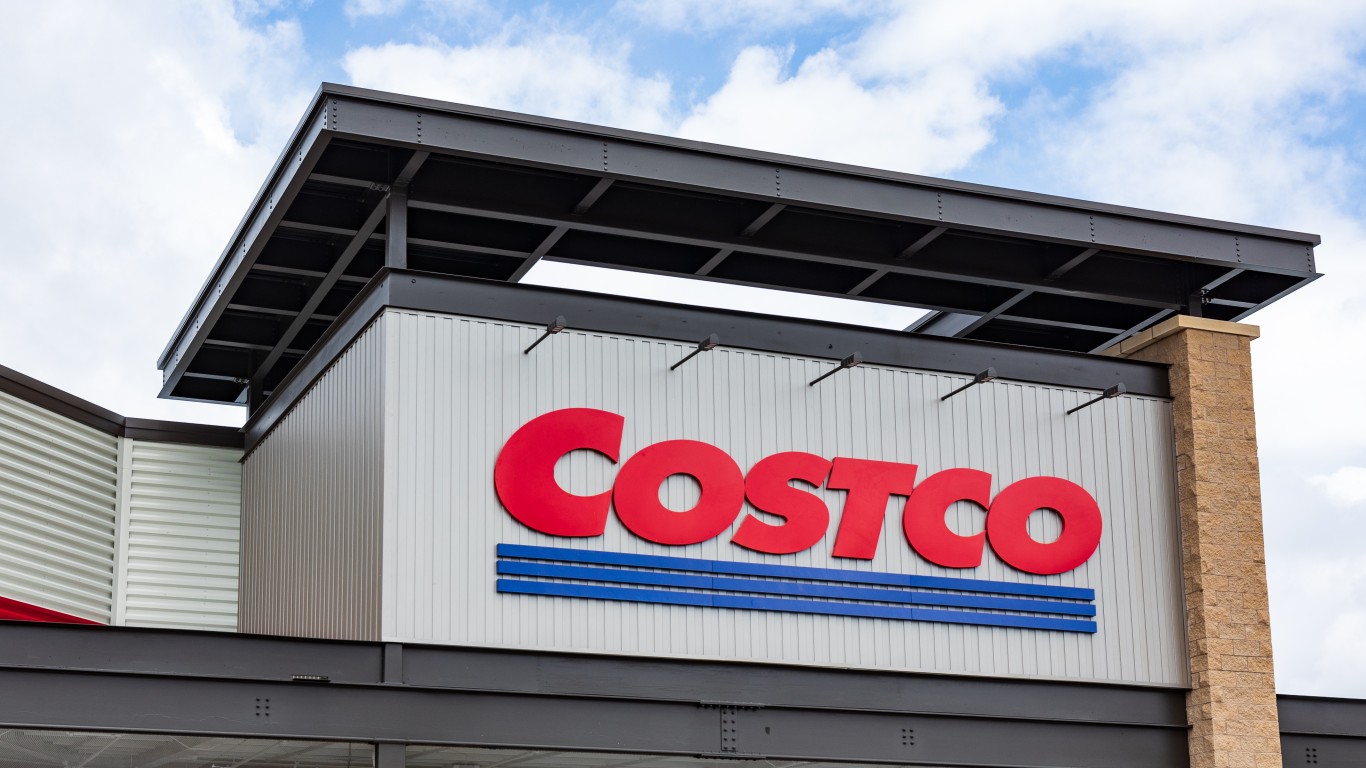
The difference is not small. The company said the calendar shift cost it 3.2% of sales, which means that same-store sales would have grown 1.7% but for the lack of February 29.
U.S. sales fell 3.3%, not including the leap year effect, but were only flat when the calendar shift was accounted for. European sales dropped 0.5%, but rose 2.7%, excluding the leap year effect. Sales in the company’s Asia/Pacific, Middle East and Africa (APMEA) region fell 1.6%. APMEA sales rose 1.5% excluding the calendar shift.
The company’s CEO said:
While February’s results reflect difficult prior year comparisons, we remain confident in the fundamental strength of McDonald’s business. We have the operating experience to manage through the current challenging environment and the right strategies in place to grow the business for the long term.
While the raw numbers look bad, investors are not scared. Shares are up 1.4% in premarket trading, at $98.50 in a 52-week range of $83.31 to $100.44.
In 20 Years, I Haven’t Seen A Cash Back Card This Good
After two decades of reviewing financial products I haven’t seen anything like this. Credit card companies are at war, handing out free rewards and benefits to win the best customers.
A good cash back card can be worth thousands of dollars a year in free money, not to mention other perks like travel, insurance, and access to fancy lounges.
Our top pick today pays up to 5% cash back, a $200 bonus on top, and $0 annual fee. Click here to apply before they stop offering rewards this generous.
Flywheel Publishing has partnered with CardRatings for our coverage of credit card products. Flywheel Publishing and CardRatings may receive a commission from card issuers.
Thank you for reading! Have some feedback for us?
Contact the 24/7 Wall St. editorial team.




